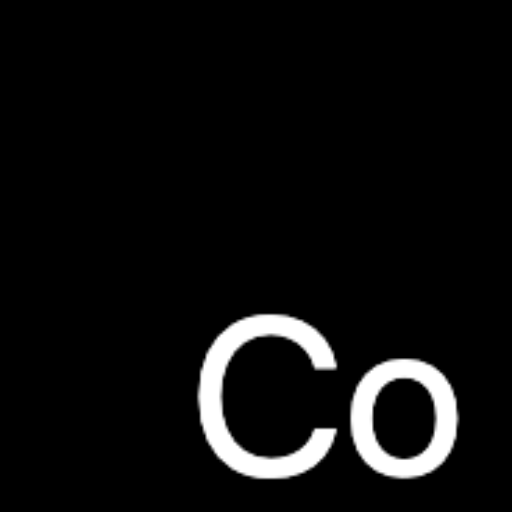Next.js is a popular JavaScript library created by Zeit that is used to create server-side rendered React applications. It has been gaining popularity in recent years due to its easy setup and many features that make it a great choice for web developers. But what many people don’t know is that Next.js can also be used for frontend development.
In this article, we’ll discuss what Next.js is, how it can be used for frontend development, and why it’s an attractive option for developers.
What Is Next.js?
Next.js is a React framework that simplifies the development process with features such as server-side rendering, routing, and code splitting. It also includes a powerful CLI (Command Line Interface) that makes it easy to create React applications with minimal effort.
Next.js is great for developing complex single page applications with many components, but it can also be used to create simple websites or landing pages.
Using Next.js for Frontend Development
Next.js can be used to develop a full frontend application, from the initial setup to the deployment. It can also be used to create a website or landing page by utilizing the Next.js static site generator.
The static site generator allows users to create a website or landing page without any coding. All you need to do is create a directory with the pages, components, and assets for your site and the Next.js CLI will generate the necessary HTML, CSS, and JavaScript files for you.
The advantage of using the Next.js static site generator is that you can create a website or landing page without having to write any code. This makes it a great option for non-technical users or those just getting started with web development.
Benefits of Using Next.js for Frontend
There are numerous benefits to using Next.js for frontend development.
- It’s fast. Next.js is optimized for performance and is able to render pages quickly, which is important for user experience.
- It’s easy to set up. The Next.js CLI makes it easy to create a project without having to write any code.
- It’s SEO-friendly. Next.js uses server-side rendering, which means that search engines can easily index your content.
- It’s versatile. Next.js can be used to create simple websites or complex single page applications.
Conclusion
Next.js is an excellent choice for web development, and it can be used for both server-side and frontend development. It’s fast, easy to set up, SEO-friendly, and versatile. If you’re looking for a framework to create your next website or application, Next.js is a great option.
